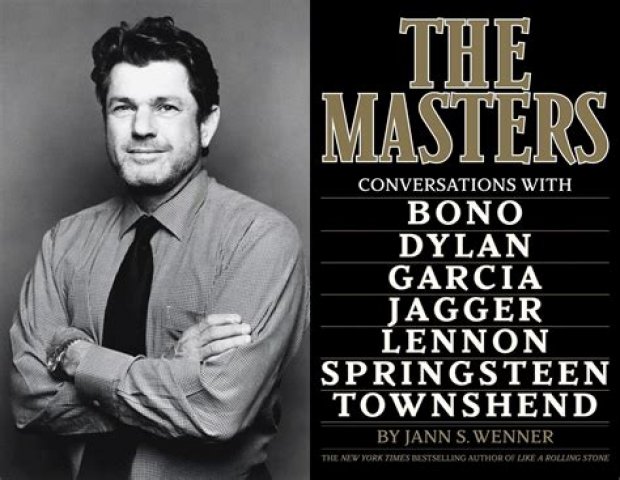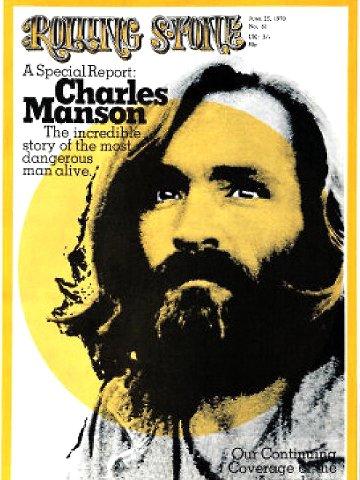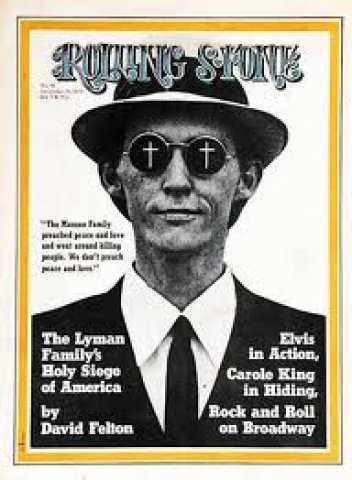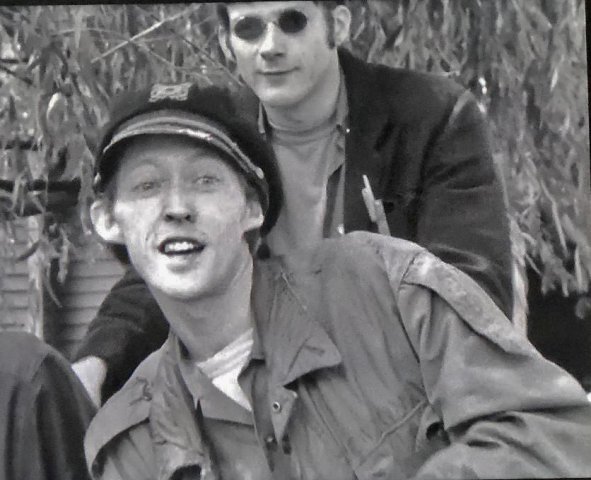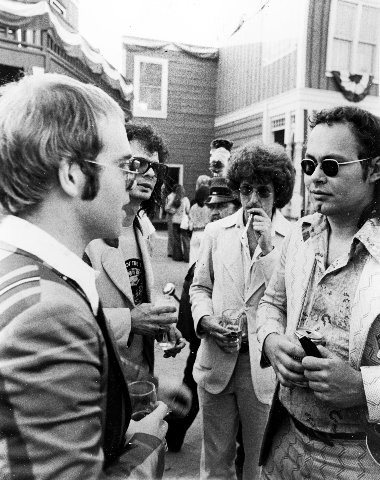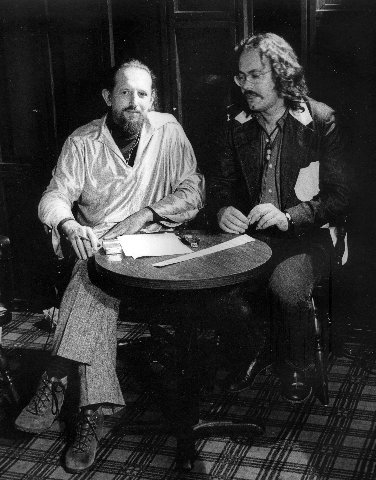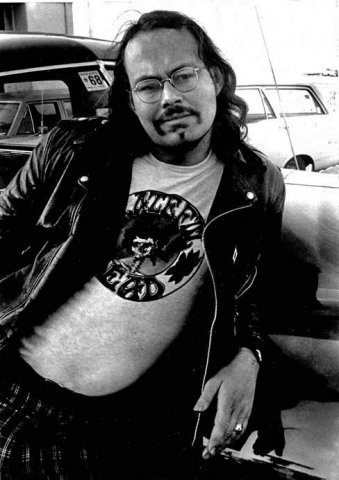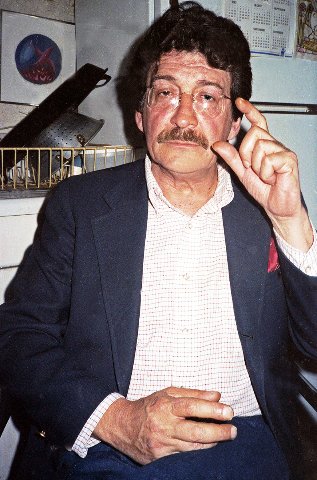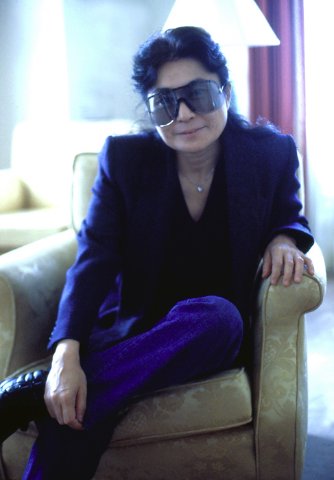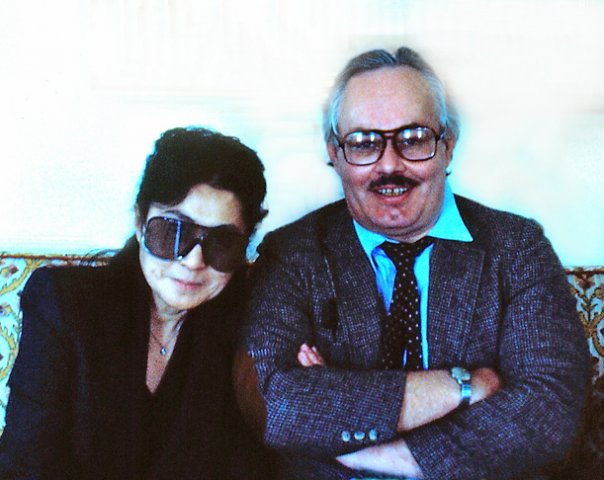Wenner Is a Loser
Former gatekeeper to Rolling Stone and Rock & Roll Hall of Fame
By: Charles Giuliano - Oct 30, 2023
The Masters: Conversations with Dylan, Lennon, Jagger, Townshend, Garcia, Bono, and Springsteen
By Jann S. Wenner
From New York Times bestselling author and Rolling Stone founder comes “a visit to the Mount Olympus of rock” in this remarkable collection of new and collected interviews with the greatest rock stars and cultural icons of our time (Kirkus Reviews).
That’s the problem which in a NY Times interview he did not deny and further self incriminated. There is no argument that this check list of seven musicians enormously impacted the culture of a fraught generation of civil rights, Vietnam, social, cultural, sexual, and political change.
As co-founder (with Ralph Gleason) of the most influential rock and popular culture magazine of its era, Jann S. Wenner is anointed and had the platform to make Zeus-like Olympian statements. But pure ego consumes his assumption that his short list of “friends” represents “the greatest rock stars and cultural icons of our time.”
When challenged about this all male, all white and all straight list of influencers he fell on his sword by doubling down with reputation shredding racist and sexist defenses of an absurdly untenable position. His comments were so vile that they got him bounced from the board of the Rock & Roll Hall of Fame which he helped to found.
While he formerly presided over a brilliant staff, as a journalist, he presumed to stand shoulder-to-shoulder with them. As publisher he called his own number to interview seven superstars whom he regarded as personal friends. More fan boy than journalist his coverage is compromised by conflict of interest. That impacted the entire field of rock journalism when the publisher of all powerful Rolling Stone was willing to violate professional standards to bed down with and suck up to rock stars. From his perspective while publisher, to get good copy for the magazine. Wenner circumvented his editors and denied them the right to assign the best writers for those interviews. He also had final say on who not to cover or to admit to the Hall of Fame.
Over 34 years there have been 69 women out of 888 inductees. That’s less than 8%. Were Wenner still in charge as gate keeper what would he do with Adele, Beyoncé, and Taylor Swift?
Apparently, Jann was more comfortable with his buddies. As he told the Times “I think that the friendships were critical. I mean, the example of Mick Jagger — he just didn’t give interviews to anybody, and he still doesn’t. It’s because we were friends, I got him to do it. I had a particular kind of relationship with Bob Dylan. Jerry Garcia, we were old buddies from years ago. So, it really works. The only place it hurt was with Bruce. That was the interview I did for the book, not for the magazine. And my friendship with Bruce is very deep at this point. It makes it difficult to ask questions that you know the answers to. You’re trimming your sails to the friendship.”
Any legitimate editor would counter that it’s Jann’s job to ask the tough questions. Not to do so results in puff pieces that serve the needs of marketing and PR for the artists. Much of this back slapping is orchestrated by the business side of magazines in cahoots with entertainment executives. Back in the days of DJ’s on the take it was known as “payola.”
Nice guy Wenner states that “the interviews I did, they’re not confrontational interviews. They’re not interviews with politicians or business executives. These are interviews with artists. They’re meant to be sympathetic, and they’re meant to elicit from the artist as deep as possible thinking that they’re willing to reveal..”
Ultimately, this undermines the relationship with and responsibility to the reader. Shouldn’t there be some kind of disclaimer that Rolling Stone has not asked tough questions? Or that answers have been censored when the artists, their agents, and company executives have access to the material? It’s why I stopped reading Rolling Stone because I no longer trusted or believed in its coverage.
That became personal when I was interviewed by David Felton for a cover story on the Lyman Family. I was one of the first to know Mel when he was dating my friend, Judy Silver, a classmate at Brandeis. Later I was an editor for Avatar, with David Wilson, when there was a split with the Fort Hill community. Felton came to me through a mutual friend, the former Boston Globe Magazine editor and gonzo journalist, William J. Cardoso. He and Felton were roommates in Frisco. I was a good source and provided Felton with the back story. In the piece I was smeared as Harry Bikes an insensitive political thug.
Later in Hollywood, as a guest of Elton John, I hooked up with Felton, called him a snake, and threatened bodily harm. We have since connected and become friends. It’s been fun to share memories of when it all seemed to matter. Bill passed and there is but a single collection of his brilliant essays “The Maltese Sangweech and Other Heroes.” The whole saga of gonzo journalism has devolved into a rumble in the jungle like his piece on Forman and Ali. Bill wanted to hook up with Jann but Rolling Stone already had Hunter.
Wenner voluntarily allowed his subjects access to pre-publication transcripts. “Looking for grammatical stuff, usage stuff; changing a word here and there, if he’d want to use a different word that’s more precise; maybe something was too intimate and he decides he doesn’t want to put it on the public record. I’m happy to do that with these subjects. As I said before, these are not meant to be confrontational interviews. These are profiles in a way. If I have to trade the level of trust that is necessary to get this kind of interview, to let people put a few things off the record, nothing of any value, maybe something about their kids or their family or not wanting to put down somebody. I let John Lennon edit his interview, and everything he said in that interview ——
“Yes. He went through, and he made changes here and there. Basically, it’s interview subjects clarifying what they want to say, making it more precise. Because it’s a long stream of yap and verbiage and you sometimes don’t think through every word. I want them to have the opportunity to say precisely what they meant.”
Major publications have editors, copy editors, fact checkers and lawyers. That’s the protocol ignored for the questionable fine tuning that Wenner allowed his subjects. That Rolling Stone precedent became the norm for superstar rock coverage.
The managing editor of a music magazine What’s New set me up to cover the Cars when they were recording Candy-O at Boston’s Intermedia Studio. It was unique access. I was friends with drummer David Robinson. When he was with Modern Lovers a neighbor, Arthur Gallagher and I, booked them at the hotel Inverurie in Bermuda for spring break.
The deal was that The Cars would have access to the story. I was shocked when the editor, Sam Uvino, showed me the copy. It had been hacked up by Ric Ocasek. I saved the copy and considered framing it as a conceptual art piece. With a rewrite the piece ran but had none of its original flavor.
From time-to-time subjects have asked me to see stories prior to publication. I have turned down such requests preferring to walk away than to be compromised. Alan Shestack, then director of the MFA, threatened to sue Art New England and have me fired. He said he was misquoted but I had the details in my notes.
There are exceptions. When curating exhibitions and writing catalogue essays that is more of a collaboration. An exception was curating former MIT Hayden Gallery director and artist, Wayne Anderson. Work for the exhibit was late and not at all what we had negotiated. The editing ruined my Christmas holiday. I finally gave up. The artist made up quotes by me which lavishly praised him. He published the catalogue copies of which I keep as documentation.
Then there are examples of working with artists and friends whose work you respect. A number of years ago I interviewed John Douglas Thompson now regarded as one of the foremost Shakespearian actors of his generation. He took great pains over the accuracy of his words. We did a number of interviews which became an intensive process for both of us. I learned so much from John. We navigated complex issues that have become paradigmatic in contemporary theatre.
Similarly, there have been collaborations with playwright Mark St. Germain and artist Stephen Hannock. I do not in any sense feel compromised by this work, much of which is informational. They allowed for probing in depth the process of creating plays and works of art.
Writing on Jazz, and Rock what I know came from intimate dialogues with the artists. They were my mentors. Miles Davis, for example, walked me through the work that followed the groundbreaking Bitches Brew. Philip Glass provided an understanding of his complex music as did Ornette Coleman.
Much of that access is no longer possible. The day is gone when you could go back stage or into the Green Room and just ask questions. When Captain Beefheart came to town he routinely kidnapped me for a few days. I was an errand boy for Anita O’Day. I asked Yoko Ono about John and her art. Hanging at a bar with Miles he told the bartender “Give the o’fay mo fo a drink.” The blind musician Rahsann Roland Kirk, who could play three horns at once, told me over dinner that “It’s the fucking white critic that’s ruining the music.”
Early on I learned that artists had something to say. I did weeks of research prior to an interview with Miles Davis. In a dressing room at Lennie’s on the Turnpike, he glanced at me over his shoulder while looking in a mirror combing his hair. I asked him about Bird. “Sheeet,” he snarled, “It’s such a drag to talk about the past.” Miles took over and told me what was on his mind as I took notes.
That changed things. The research continued particularly with investigative pieces. As they say, never ask a question that you don’t know the answer to. But interviews have their own rhythm and it works best to evolve on its own terms. Ask key but fewer questions and don’t interrupt long answers. Be willing to take the heat when there is blowback and an interview evolves into a debate.
Compared to which consider the insights of Jann Wenner. While my coverage represented taking fire in the trenches Wenner’s approach is that of conversations in the board room. Try to imagine 60 Minutes allowing their subjects access to editing? Although their entertainment and celebrity profiles get rather puffy.
When the Times hung Wenner out to dry, he took the bait and swallowed the hook. Mentioning specific black and women artists he was asked why they did not factor into his zeitgeist or that of the magazine.
“When I was referring to the zeitgeist, I was referring to Black performers, not to the female performers, OK? Just to get that accurate. The selection was not a deliberate selection. It was kind of intuitive over the years; it just fell together that way. The people had to meet a couple criteria, but it was just kind of my personal interest and love of them. Insofar as the women, just none of them were as articulate enough on this intellectual level.
“…It’s not that they’re not creative geniuses. It’s not that they’re inarticulate, although, go have a deep conversation with Grace Slick or Janis Joplin. Please, be my guest. You know, Joni (Mitchell) was not a philosopher of rock ’n’ roll. She didn’t, in my mind, meet that test. Not by her work, not by other interviews she did. The people I interviewed were the kind of philosophers of rock.
“Of Black artists — you know, Stevie Wonder, genius, right? I suppose when you use a word as broad as “masters,” the fault is using that word. Maybe Marvin Gaye, or Curtis Mayfield? I mean, they just didn’t articulate at that level.”
The interview ended with the usual amenities. “I enjoyed doing it (the interview to promote the book). I wouldn’t mind seeing the written transcript. I’d be curious to look it over.” To which the Times response was “Yeah right!.” Wenner squirmed away with “After it’s published. God, forgive me.”
Sorry Jann you spoke on the record to the Times. No doubt the book will sell but they sure did pin the tail on the donkey.

